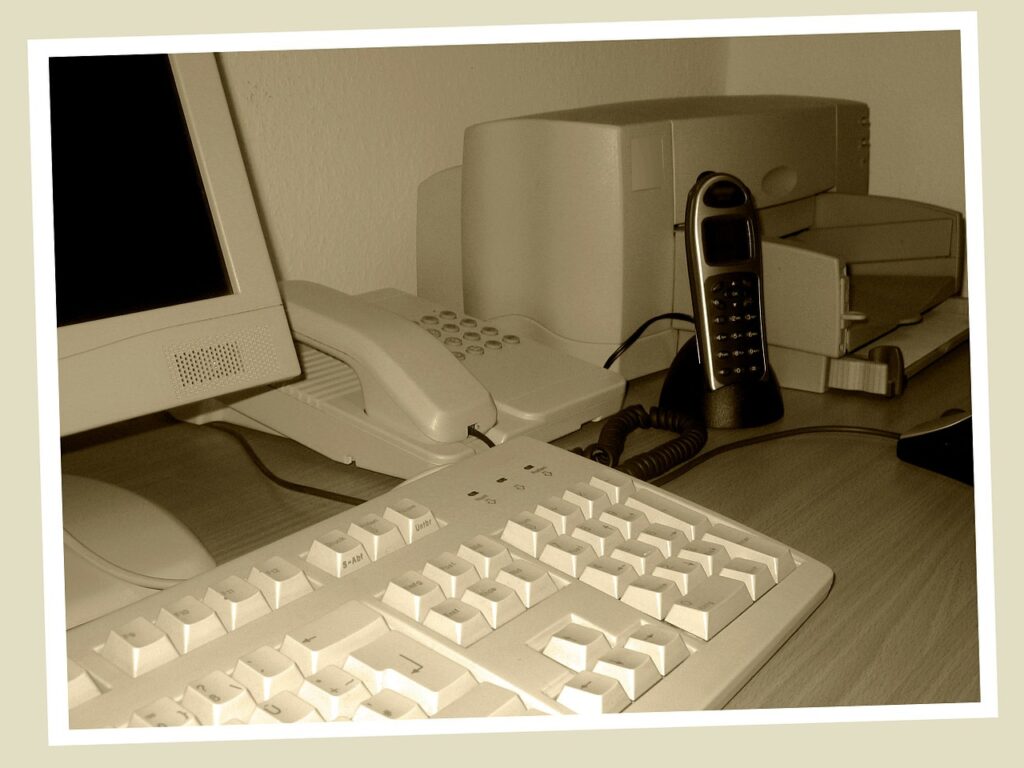
5 Dead Programming Languages
Software development has come a long way, and over time more sophisticated coding languages came into being. This is because older languages didn’t account for websites or other apps that we might use, and basically lots of other things. This doesn’t mean that all of the modern languages are easier or harder to learn, it just means they can help you achieve more complex goals. Here we will go over some of the dead programming languages. Basically, these are coding mechanisms or frameworks that are no longer in use, and you would be better off simply learning a more modern programming language.
COBOL
COBOL is one of the main four languages that were used in programming. The other 3 were FORTRAN, ALGOL, and LISP. So back in the day, this was a very popular language that was used for creating software for business purposes. Unfortunately, it wasn’t too consistent going forward, and fewer and fewer people relied on it. This resulted in new languages that didn’t share any traits with COBOL, and it was eventually completely abandoned,
ALGOL

The name ALGOL stands for algorithmic language, and much like the name suggests this language was developed in order to aid the research of algorithms. As mentioned it is one of the original 4 languages that were widely used back in the 60s but this one is even more dead compared to COBOL. This is because COBOL is still powering some of the legacy systems, but there are lots of programmers out there who have never even heard of ALGOL. This is because ALGOL was never a commercial language like COBOL, it was mainly intended to aid researchers and this obscurity caused its extinction.
APL
One of the most famous instances of this language is the so-called Game of Life, but overall APL was a big deal for mathematics as it was able to manipulate large blocks of numbers. The main reason APL was abandoned was the standardized keyboard as it wasn’t suited for coding in its framework.
BASIC
Since APL wasn’t available to many people and it had some implementation problems, BASIC was the natural choice to take its spot. This is one of the first languages that was used within common households, and programmers during the 80s’ and 90s’ were widely relying on BASIC. Moreover, enterprise programs started shifting to BASIC which also kind of led to the downfall of COBOL. However, as better hardware became available and computers with 16k of RAM became a thing, BASIC was slowly declining in use. It was replaced by Pascal and C.

Pascal
Pascal was competing with C during his prime and as you can see the other one remained and it is one of the languages we heavily rely on today. That being said Pascal was doing exceptionally well, and it led to the creation of Delphi, which is still around, but it’s slowly dying if we are completely honest.
Conclusion
These were some of the more notable coding languages that are no longer used, but that doesn’t mean the ones we have today will be around forever. In fact, some of them are already on their deathbed. A good example of this would be Ruby, which is still a good choice for a beginner developer, but at times it feels like it is threshing just to stay relevant.
